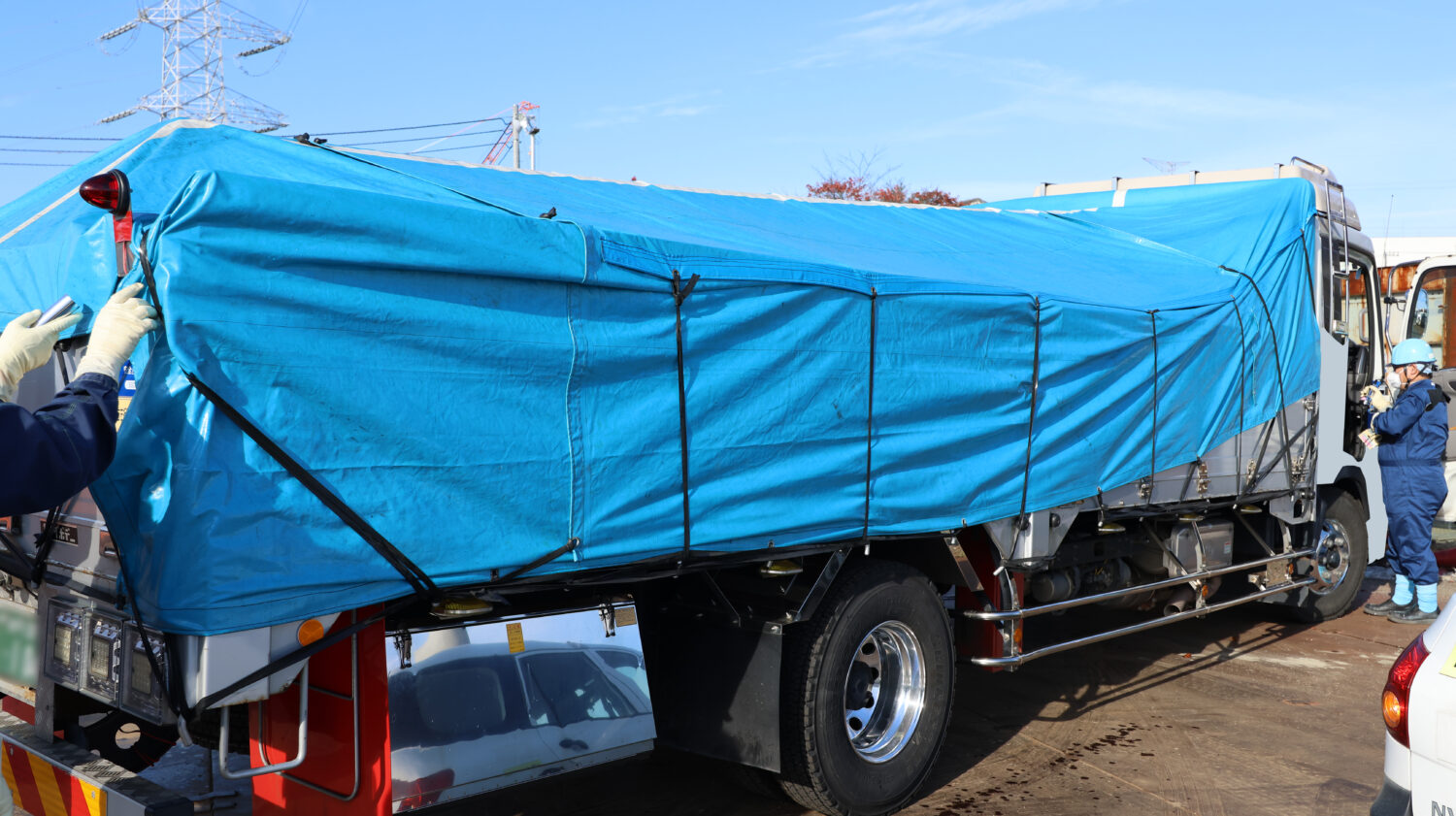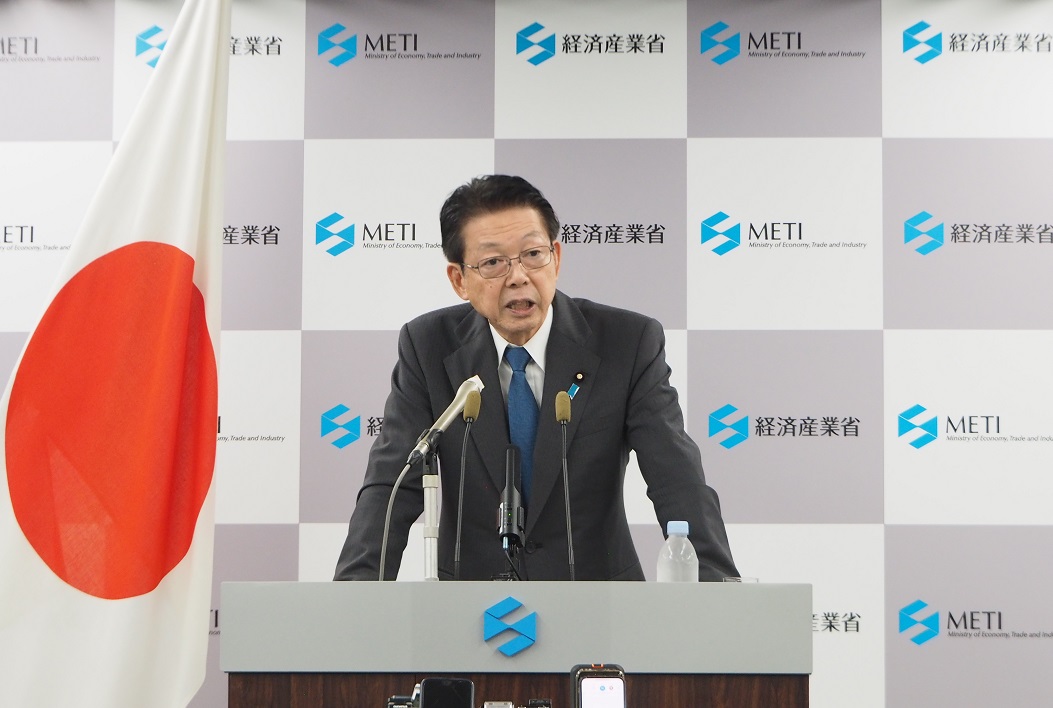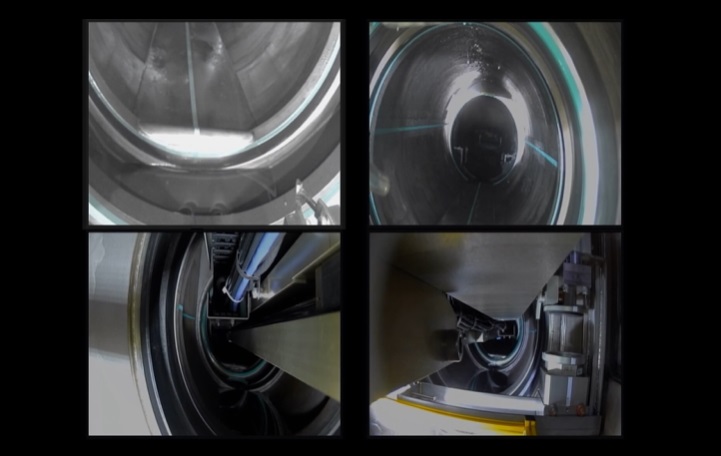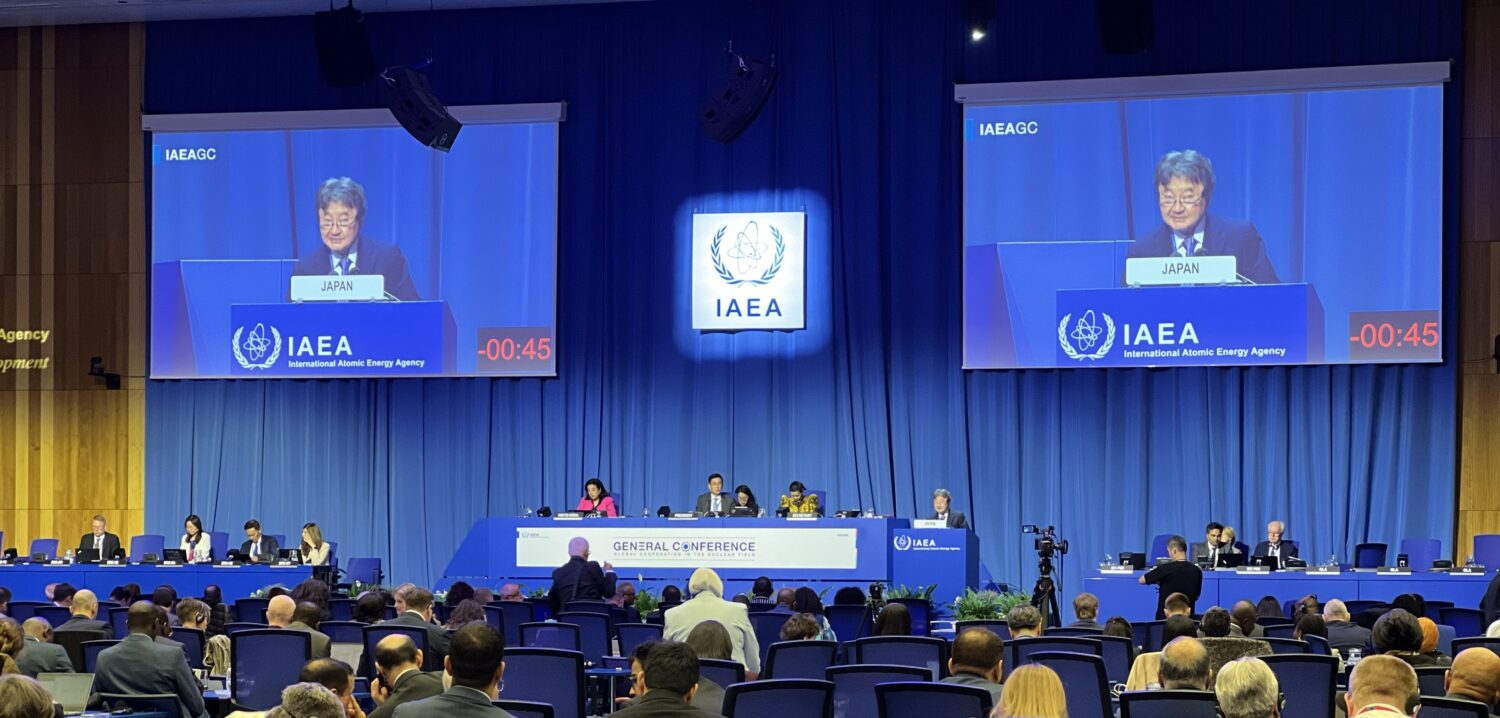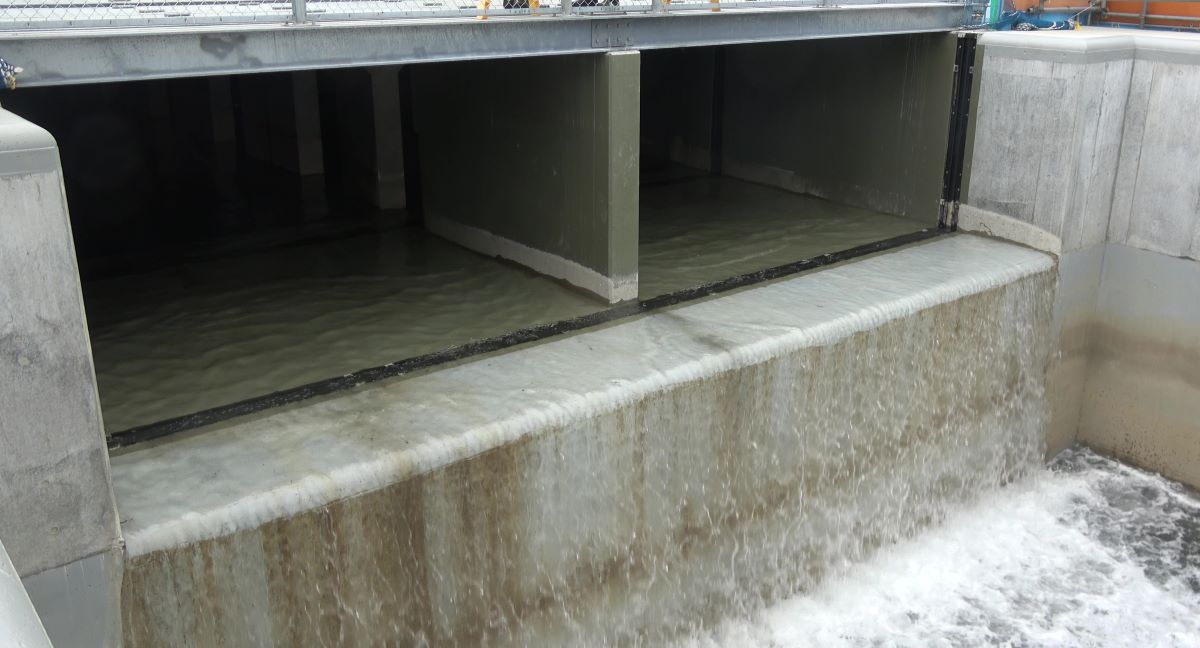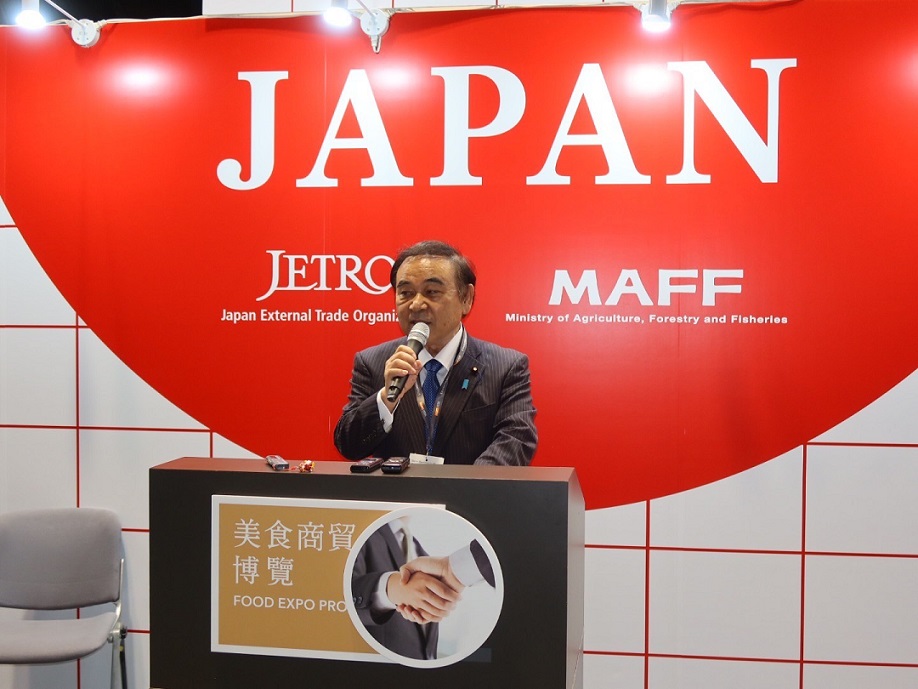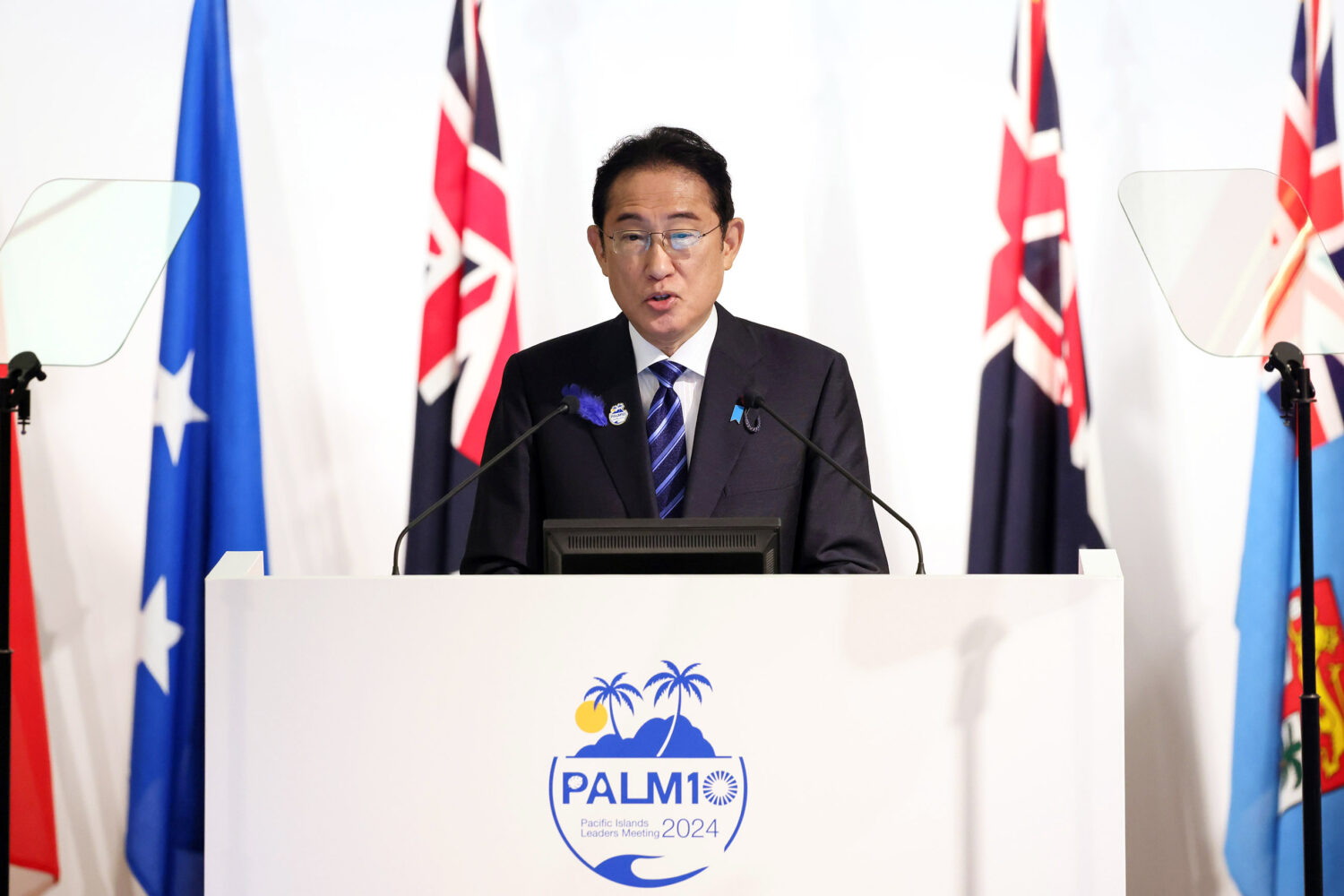It was the second such mission, following one in February of this year. Reviews will be carried out continually prior to release of the water, during the release, and afterward.
The IAEA mission to Japan, which took place from November 14 to 18, was composed of seven officials from the IAEA itself, including Gustavo Caruso, director and coordinator for the Fukushima ALPS project (within the department of Nuclear Safety and Security of the IAEA), accompanied by nine international experts from Argentina, China, the Republic of Korea, France, the Marshall Islands, Russia, the United Kingdom, the United States and Vietnam.
At a meeting with representatives of Japan’s Ministry of Economy, Trade and Industry (METI) and the Tokyo Electric Power Co. (TEPCO), a review was made of the following technical aspects, which had been identified in a report issued in April after the previous mission:
・crosscutting requirements and recommendations
・characterization of discharge and source term
・safety-related aspects of systems and processes for controlling discharges
・radiological environmental impact assessment
・regulatory control and authorization of discharges
・source and environmental monitoring programs
・involvement of interested parties
・occupational radiation protection
In particular, the delegation, based on IAEA safety standards, reviewed items related to the contents of the Application Documents for Approval to Amend the Implementation Plan for the Fukushima Daiichi Nuclear Power Station’s Specified Nuclear Facility, which had been submitted by TEPCO to the Nuclear Regulation Authority of Japan (NRA) two weeks ago, on November 14. They included changes to the organizational structure for managing the discharge and to the radionuclides to be measured and assessed in the treated water.
On November 16, the mission visited TEPCO’s Fukushima Daiichi to conduct an on-site review of the progress of work to install facilities for dilution and discharge of the treated water.
Two days later, on November 18, IAEA’s Caruso held a press conference at the Foreign Press Center in Tokyo, in which he stated, “Our reports will be made widely available to the public. The IAEA’s scientific assessments should provide confidence to the people of Japan and to all IAEA member countries.”
In those remarks, he emphasized his organization’s attitude of strict adherence to international standards and a high level of transparency. He also said that his group would release a comprehensive report prior to the start of release of the ALPS-treated water, slated for next spring.




